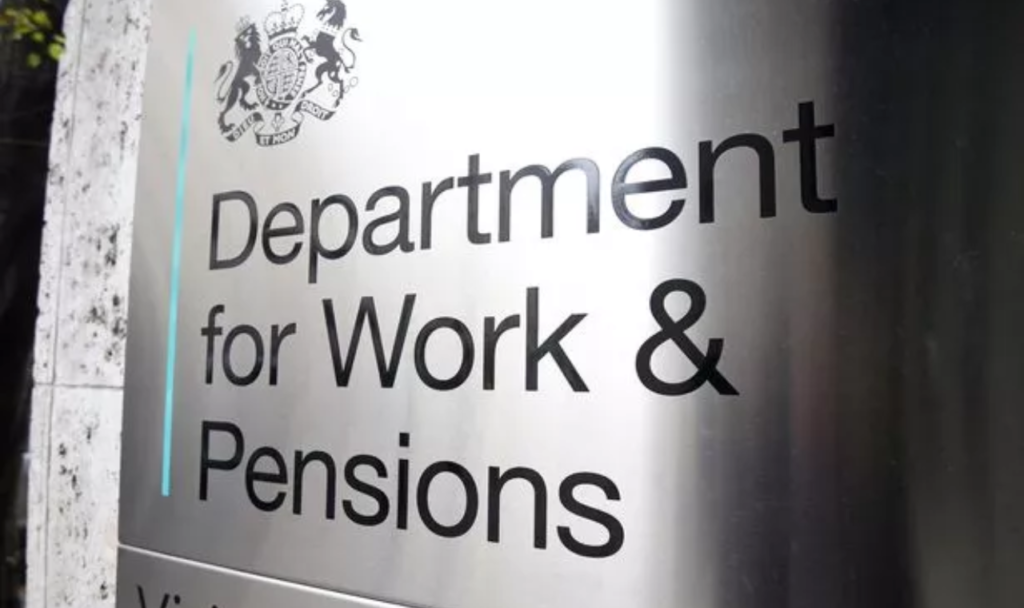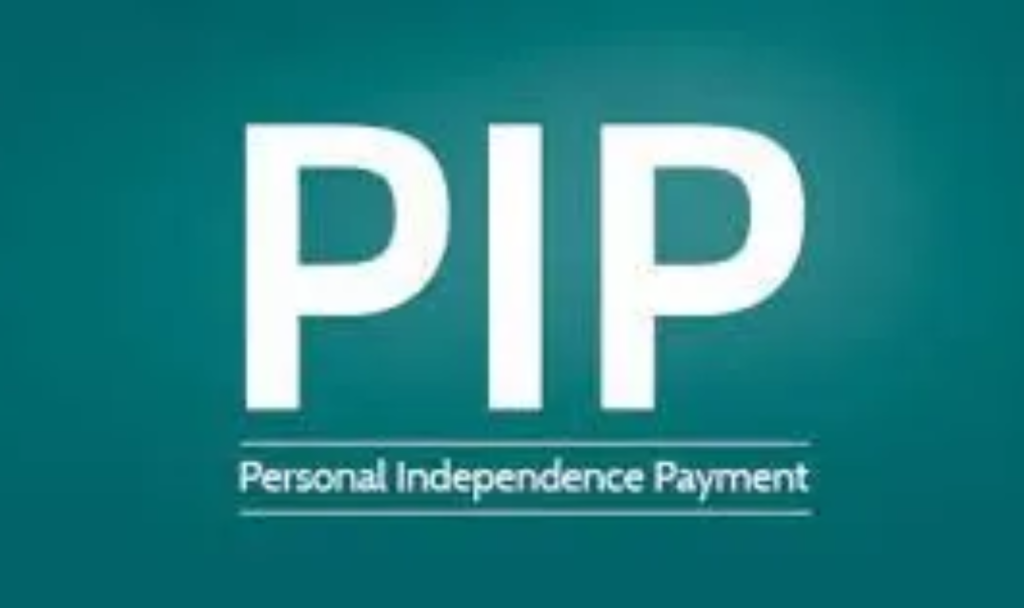The UK government has announced a major shake-up in Personal Independence Payment (PIP) benefits. The Department for Work and Pensions (DWP) has laid out a plan to reform most PIP payments within the next two years. This move is expected to impact millions of people who rely on these benefits for financial support due to long-term illnesses or disabilities.
So, what’s changing, and how will it affect you? Here’s a breakdown of everything you need to know.
What is PIP?
Personal Independence Payment (PIP) is a financial support program in the UK for individuals who have long-term disabilities or health conditions. It helps cover extra costs related to daily living and mobility. Unlike other benefits, PIP is not based on income or savings but rather on how a disability or condition affects a person’s daily life.
Currently, millions of people across the UK rely on PIP payments to manage their living expenses. However, with the new reforms, the system is set to undergo significant changes.
What Changes is the DWP Planning?

The Department for Work and Pensions has confirmed that most PIP payments will be restructured within the next two years. The reform is aimed at streamlining the process, reducing fraud, and ensuring funds reach those who need them most.
Key changes include:
- New Assessment Criteria: The way claimants are assessed for PIP will change. The government wants to make the process more efficient and fairer, ensuring that only those who genuinely qualify receive payments.
- Faster Processing Times: Many applicants currently experience long waiting periods for PIP decisions. The DWP aims to cut down on these delays, ensuring that claims are processed more quickly.
- Revised Payment Structure: There might be changes in how much money individuals receive based on their condition and needs. Some beneficiaries may see an increase in payments, while others could experience reductions.
- Tighter Fraud Measures: To tackle benefit fraud, the government plans to introduce stricter verification processes. This means claimants may need to provide more evidence to prove their eligibility.
Who Will Be Affected by These Changes?
The reforms will impact both current and future PIP claimants. If you’re already receiving PIP, your payments and eligibility may be reassessed under the new system. Those applying for the first time may experience a different application process than before.
While the exact details of how each individual will be affected are still being worked out, the DWP assures that the changes will be phased in gradually over two years to minimize disruption.
Why is the Government Making These Changes
The government argues that the current system is outdated and needs improvements to ensure fairness and efficiency. The DWP also cites concerns over PIP fraud and errors, which cost taxpayers millions of pounds each year.
Additionally, ministers believe that the current PIP process is too complex, leading to unnecessary stress for applicants. By simplifying assessments and payment structures, the government hopes to make the system more accessible and reliable.
However, disability rights groups have raised concerns that some vulnerable individuals might lose support due to stricter assessments. Campaigners are urging the government to ensure that the reforms do not unfairly disadvantage those who genuinely need financial help.
When Will These Changes Take Effect?
The DWP plans to implement the majority of these changes within the next two years. Some adjustments might happen sooner, while others will take longer to roll out.
The government has promised to provide updates and guidance to help claimants understand how the reforms will affect them. If you receive PIP, it’s important to stay informed and watch for official announcements from the DWP.

What Should PIP Claimants Do Now?
If you currently receive PIP, you don’t need to take any immediate action. However, here are a few things you can do to stay prepared:
- Keep Up With Updates – Follow official announcements from the DWP to understand how the changes may affect you.
- Check Your Documentation – Make sure your medical records and personal information are up to date in case you need to reapply or provide further evidence.
- Seek Advice – If you’re unsure how the reforms might impact you, consider speaking to a benefits advisor or contacting disability support organizations.
Conclusion
The upcoming changes to PIP payments are some of the most significant welfare reforms in recent years. While the government aims to improve the system’s efficiency and fairness, there are concerns about how it might affect claimants, especially those who are vulnerable.
As the reforms roll out over the next two years, staying informed will be key. If you or someone you know relies on PIP, keep an eye on official updates and seek advice if needed.

Pankaj Kumar is a journalist at Chandigarh X, covering admit cards, recruitment, and government schemes. His articles provide readers with detailed insights into application processes, eligibility, and exam updates.
Outside of work, Pankaj enjoys traveling, fitness, and cricket, often participating in local matches on weekends.



